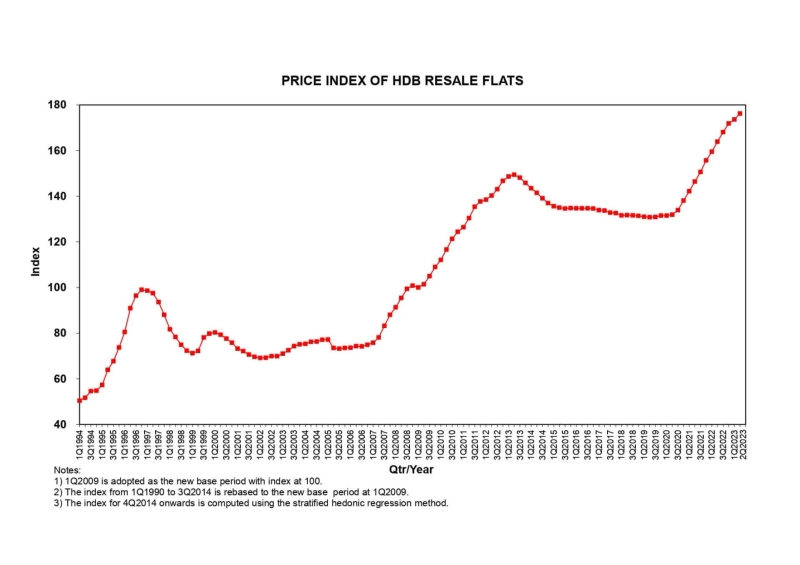As we embark on the journey into 2024, stakeholders in the Housing Development Board (HDB) market are eager to gain insights and make informed predictions about the market's trajectory. The HDB market, a cornerstone of Singapore's housing landscape, is influenced by a myriad of factors, including economic indicators, government policies, demographic shifts, and evolving consumer preferences. In this comprehensive analysis, we will delve into the dynamics shaping the HDB market in 2024, offering insights and predictions to help stakeholders navigate the landscape effectively.
Economic Outlook and Market Sentiment
The economic outlook sets the tone for the HDB market in 2024, with economic indicators and market sentiment playing a crucial role in shaping demand and supply dynamics. Singapore's economy is expected to continue its recovery trajectory, supported by resilient domestic demand, robust global trade, and ongoing government stimulus measures. Positive economic sentiment, coupled with low interest rates and stable employment conditions, is likely to fuel demand for HDB properties, driving transaction volumes and prices.
Government Policies and Initiatives
Government policies and initiatives have a significant impact on the HDB Market Outlook 2024, shaping affordability, supply, and homeownership opportunities. In 2024, policymakers are expected to focus on addressing housing affordability concerns, particularly for first-time homebuyers and lower-income households. Measures such as enhanced housing grants, subsidies, and loan assistance schemes are anticipated to be introduced or expanded to support aspiring homeowners and promote social inclusivity.
Trends in Housing Demand and Supply
The dynamics of housing demand and supply are expected to evolve in 2024, influenced by demographic shifts, lifestyle preferences, and urban development initiatives. Demand for HDB resale flats is projected to remain resilient, driven by factors such as housing upgrading demand, changing family structures, and preference for mature estates. Concurrently, the government's efforts to ramp up the supply of Build-To-Order (BTO) flats and rejuvenate aging estates will contribute to a balanced housing market and provide diverse housing options for homebuyers.
Emerging Technologies and Innovations
Technological advancements and innovations are reshaping the HDB market, revolutionizing the way properties are designed, built, and managed. In 2024, stakeholders can expect to see greater adoption of smart home technologies, sustainable building materials, and digital solutions in HDB developments. These innovations not only enhance the quality of living for residents but also improve operational efficiency and sustainability, positioning Singapore as a leader in smart and sustainable urban development.
Challenges and Opportunities
Despite the positive outlook, the HDB market in 2024 is not without its challenges. Affordability remains a key concern for many Singaporeans, particularly amid rising property prices and cost-of-living pressures. Additionally, demographic shifts, such as an aging population and changing household compositions, pose challenges in terms of housing demand and planning. However, these challenges also present opportunities for stakeholders to innovate, collaborate, and develop creative solutions to address pressing housing needs effectively.
Conclusion
As we navigate the HDB market in 2024, it is essential for stakeholders to stay informed, agile, and adaptive in response to evolving market dynamics and trends. By leveraging insights and predictions, embracing technological innovations, and collaborating with policymakers and industry partners, stakeholders can position themselves for success in the dynamic and competitive HDB market landscape. With strategic foresight and proactive planning, stakeholders can capitalize on emerging opportunities and contribute to a resilient and sustainable housing ecosystem for all Singaporeans.


